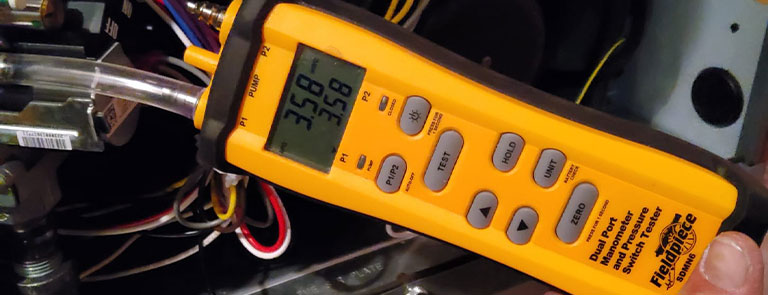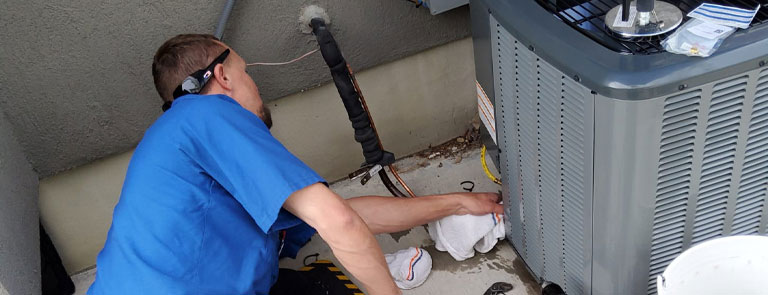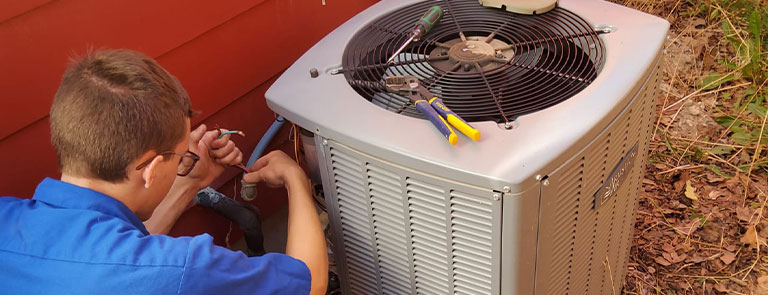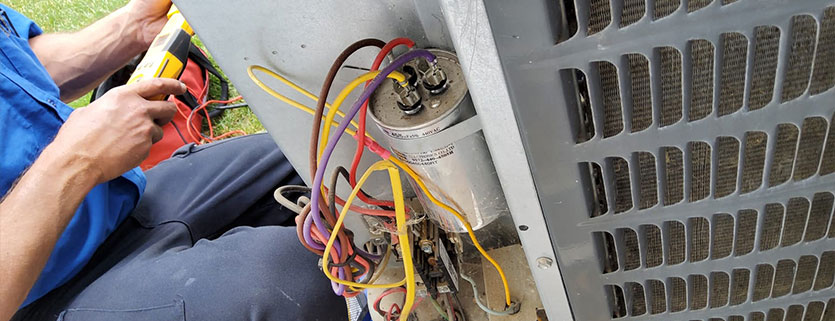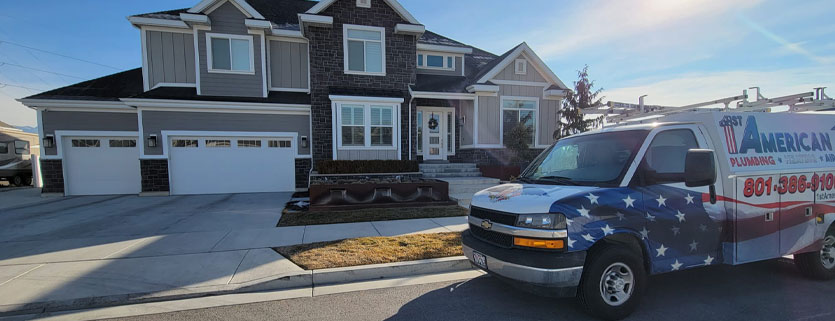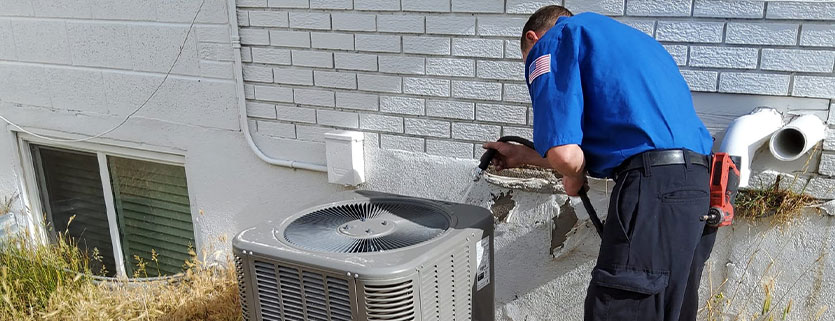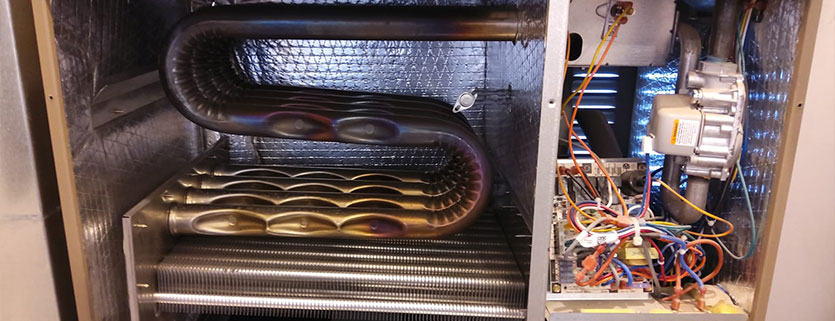If your utility bills take a big chunk out of your household budget, you’re not alone. Lots of Utah homeowners are trying to find ways to cut down on monthly expenses, and utilities are a great place to start. According to Forbes, the average single-family American household spends just over $5,150 per year on utilities, a large portion of their budget. However, with some strategic changes and small adjustments on your part, you can reduce your utility expenses without sacrificing any of your comfort. This article will help you with quick and easy tips to start saving money on your utility bills today.
Water Use
The average American household of two uses approximately 3,000 gallons of water per month, making water bills the second-largest utility expense. However, reducing water usage is fairly easy and can result in significant savings. Here are some areas where you can cut down on water usage:
Leaks
You should check your home regularly for leaks in faucets, toilets, and pipes. One small drip from a faucet may seem insignificant, but leaks like this can lead to wasted water and large utility bills. After inspecting around your home, if you see a leak, repair it immediately to prevent spending money on wasted water. Along with checking faucets and pipes inside your home, don’t forget outside your home, too.
Toilets
Toilets can account for up to a quarter of water usage in your home. One easy way to save money is to replace outdated toilets with low-flow models. These new toilets use significantly less water per flush and can lead to huge savings on your water bill over time. Our expert plumbers at 1st American Plumbing, Heating & Air can help you install these new toilets in no time.
Showers
Showers contribute up to 20% of total water use in homes. When using your shower, you should always practice water-conserving habits such as reducing shower time and investing in low flow, water-efficient showerheads. Another small way to save money when you shower is to adjust your water heater’s temperature settings. One or two degrees lower in temperature can be a big cost saving. One final tip is to investigate tankless water heater options to increase your energy usage and save money on utility bills.
Faucets
Installing low-flow faucets to reduce water usage is an easy way to save money without sacrificing water pressure. These faucets are fairly easy to install, but if you don’t feel comfortable tackling this project as a DIY on your own, our trustworthy plumbers at 1st American Plumbing, Heating & Air can help swap out your faucets in one day. Also, practicing simple habits like turning off the faucet while brushing teeth or scrubbing dishes can also help with your water savings over time.
Laundry
When it comes to laundry, using cold water cycles when washing clothes can be one small way you can save money each month on your utility bill. Also, practice reusing bath towels, and air dry your laundry whenever possible to reduce water and energy usage associated with washing machines and dryers.
Heating and Cooling
Examining your heating and cooling practices is an essential way to lower utility bills and maintain comfort in your home. Many homeowners set their thermostats and forget about the cost associated with wasted heating and cooling, such as running the heat or air conditioner while their at work at the same temperatures as they would when they are home. Are you guilty of this? Here are some tips to optimize heating and cooling efficiency and save money:
Insulation
Inspect the insulated areas of your home to ensure it’s adequately insulated to prevent heat loss during winter and maintain cooler temperatures in summer. Check seals on windows and doors and consider investing in double-pane glass windows for improved insulation. The cost up-front may seem large, but the savings over time will save you budget dollars in the long run.
Air Ducts
Inspect and seal any leaks in your home’s ductwork to prevent energy loss and improve your HVAC system’s efficiency. Regular maintenance of your air conditioning system, including changing air filters and clearing debris from outdoor units, can also optimize performance and reduce energy consumption. Be sure you contact 1st American Plumbing, Heating & Air to schedule an annual check up for your HVAC system to keep it running at maximum efficiency.
Thermostats
If you haven’t installed programmable thermostats in your home already, consider replacing them soon so you can adjust temperature settings based on your schedule, reducing energy usage when you’re away from home. Also consider investing in quality fans and blackout curtains to keep your home temperature comfortable and reduce the need to rely on your heating and cooling system.
Electricity
Electricity consumption for lighting, electronics, and appliances accounts for a significant portion of home energy use–up to 15%. Luckily, this is an area that can be improved quickly in your home. Here are some strategies to save money on electricity bills:
Lighting
Switching to energy-efficient CFL or LED bulbs to reduce electricity consumption for lighting is a quick way to save money on your utility bills. Take the savings even further by installing smart light switches and utilize motion sensors to control lighting usage. No more worrying if you left lights on in your home once you’ve gone out for the night.
Electronics
Electronics that show a light or a clock when not in use still use power in your home. This “phantom energy” usage can add to your annual utility costs. To combat this, consider investing in smart power strips and turn off electronics completely when not in use. You should also upgrade to energy-efficient appliances and optimize the energy settings to further reduce your electricity consumption.
Energy Provider
Do your research and identify off-peak rates and alternative energy suppliers to potentially lower electricity costs in your home. Comparing rates and negotiating a flat rate with your current provider can also help you better manage your monthly budget and save money on utility bills.
By putting these practical tips to use to save money on your annual utility bills, you can not only save dollars, but you’ll also reduce your environmental impact. Whether it’s reducing water consumption, optimizing heating and cooling efficiency, or cutting down on electricity usage, each small change you make contributes to long-term savings in your budget and a more sustainable lifestyle. Start following these tips today and incorporate them into your daily routine to enjoy the benefits of lower utility bills and more money in your pocket.
[/av_textblock]

